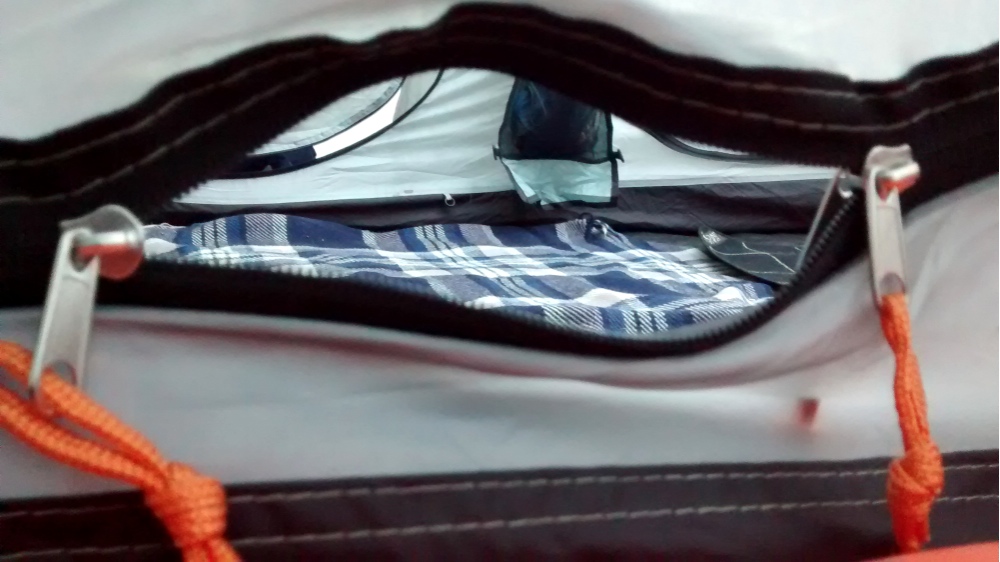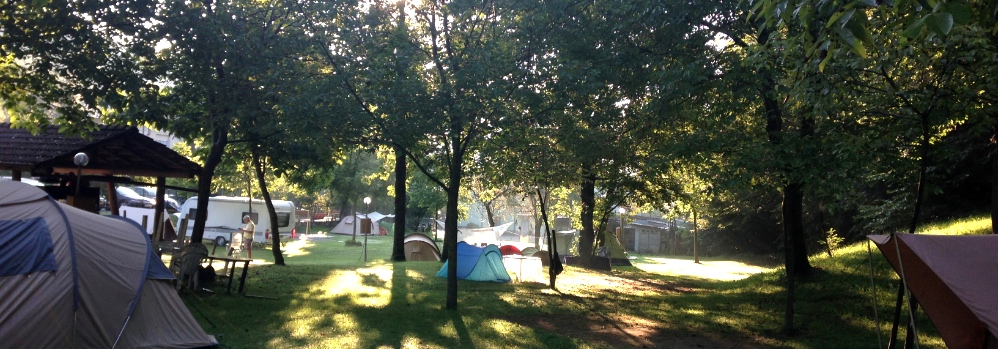Looking back, looking forward
I was surprised to see my name pop up in Stephen Downes’ latest post which summarises some of his hopes for the year to come. Given that he also references two other people for whom I have a lot of respect, I thought perhaps I could do something similar.
Looking back
Unlike Stephen, however, I am going to look back first. This has been an incredible year. We’ve rolled out vaccines, in the western world at least, in a way that might give us a way out of the pandemic. We’ve also started to address the climate crisis; it’s no longer a thing that people can deny. Now we just need to work on vaccine and climate justice.
On the work front, we’ve rebuilt the co-op this year with Laura and I being the engine room. Anne, Laura’s neice has come onboard as an intern and provided a burst of energy, and John quit his job so that he can spend more time with us. Given that this time last year I didn’t think WAO was going to exist for much longer (given the drama of late 2020) this is a huge achievement.
There more detail in my weeknote review of 2021, but one thing I will say is that I miss travelling. We’ve managed to go to a few places as a family, but it’s nothing like going to completely new places and experiencing different cultures. While I won’t be flying anywhere, I would like to get to visit somewhere other than Brexit Britain by train, boat, or car in 2022.
Team Belshaw have succeeded despite all of the odds this year. Hannah, my wife, switched careers in the middle of a pandemic and started a new job in the same week as her mother passed away. Both of our children are flourishing both academically and sportingly. Teenagers will be teenagers with our eldest, but I’d rather have battles over devices than over anything more serious…
Looking forward
‘Hope’ is a funny word. It’s the kind of thing you ascribe to things outside of your control, I guess. Given that I try and focus on things within my control, it’s not a word I use often.
So, instead of talking about hope, these are the things in my control this coming year which I intend to change:
- Family — moving house is a priority this year, not only for the usual reasons (size, rooms, location) but leaving our current terraced house would mean we could get a dog and a charging point for an electric vehicle. We’ll miss our neighbours, though.
- Work — I’m looking to inject more creativity and rest into my work in 2022. This last year I worked between 20 and 25 hours most weeks. This year, I’m looking to experiment with upping that to more like 30 hours, but taking April, August, and December off. I need to talk it through with others, but I feel like this will fit in with the rhythms of my kids’ major school holidays better and allow me to work in 12-week chunks.
- Health and wellbeing — I want to help our family be as healthy as possible. We’re being cautious with Covid, but we also recognise that school is the major transmission vector for us. Personally, I’m reasonably fit at the moment but I’d like to shed at least half a stone in weight, and ideally a full stone. One way to do that is to start swimming again. I probably also need to start meditating, but not sure whether using an app for that is the best approach. I’ve heard that it can be pretty brutal once you get a couple of steps down the path…
- Hobbies — I’m considering taking up piano lessons. It’s a long time (32 years!) since I did Grade 4 and, to be honest, I’m not looking to do anything other than play for fun. I’m also looking forward to spending even less time on social media and more time being creative with the various Korg synths I bought during lockdown. I’m also going to do more wild camping next year. It was really fun, especially the September series.
- Personal development — I spent a week last year taking a course on climate leadership. I’d like to do another one, not necessarily on the same subject, this year. I enjoy learning things via platforms such as Futurelearn, but there something about the experience of being with other learners as part of a cohort that I find useful.
I can’t control when the pandemic will end or any of the political decisions that may help or hinder that. By the time we get to this time next year, however, I can live in a different house, be fitter, be doing interesting work and tinkering with cool side projects / hobbies, and learning new stuff.
The above doesn’t sound like too much of a stretch but, of course, we’re living during a pandemic when everything seems mentally and physically harder than it needs to do. It’s like a ‘Covid tax’ on doing anything other than sitting in a chair consuming content. But that is no way to live a life, and I for one intend to never stay still for too long.






